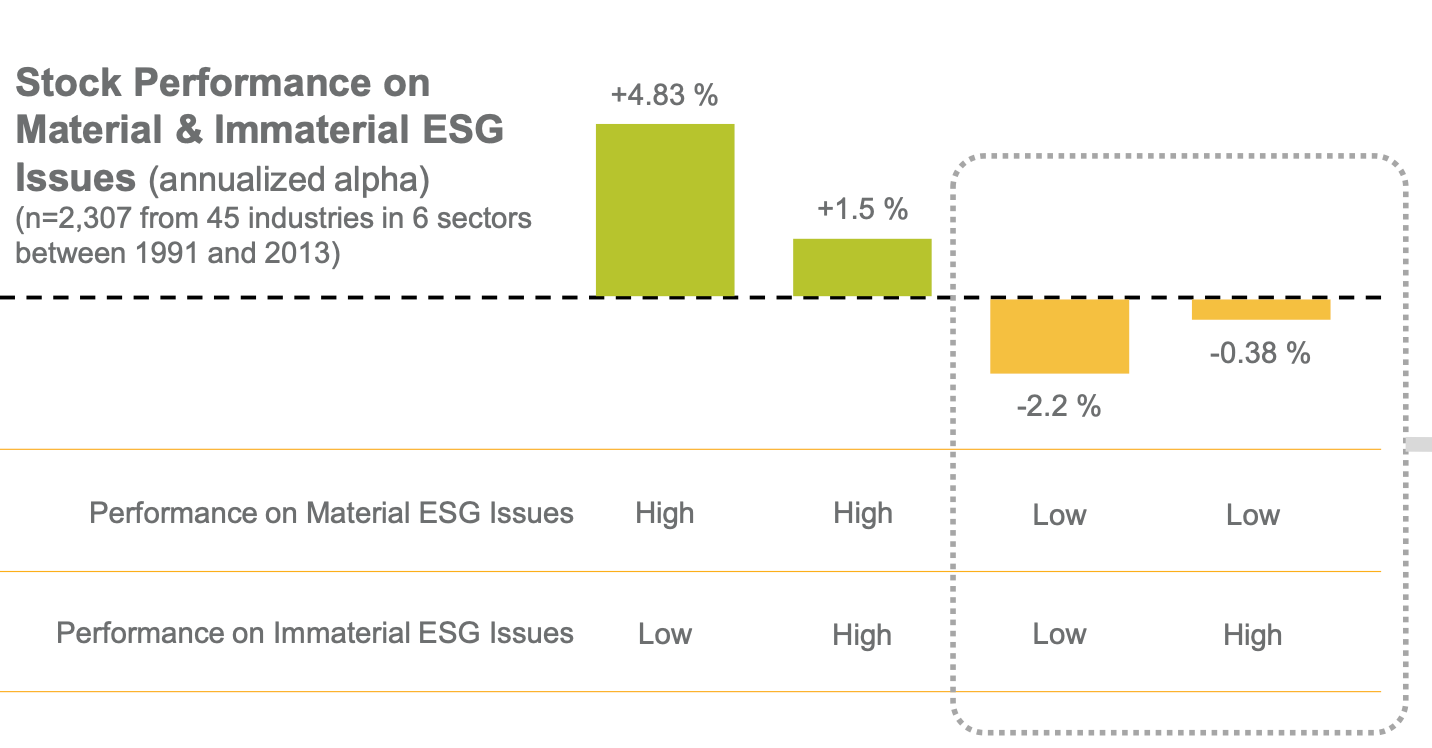
👾 Game Master
6/21/2022, 3:30:55 PM
Why Is ESG Important?
What is ESG?
ESG stands for environmental, social, and governance. It contains factors that investors can include and consider when constructing their own portfolio. ESG has gained increasing popularity in recent years. One major reason has to do with the surging attention around environmental friendliness. Another reason is that ESG-related factors can indicate material risks and investment growth opportunities. Companies with good ESG performance are more likely to sustain their business operation in the long term because there will be less risk for the company to involve in ESG-related issues, which potentially be destructive to the business. Therefore, some ESG investors implement this standard for non-financial purposes, while others consider ESG factors to construct their portfolio from a more comprehensive perspective. It is also worth noticing that many professional fund management institutions have started to manage ESG-related funds. These funds include Vanguard, Parnassus, and Shelton.

What Are the ESG-Related Factors?
There is no one “official” definition for items under ESG. Yet it is true that many ESG factors are interrelated and thus cannot be classified as only environmental, social, or governance factors.
Some examples of factors under each section include:
Environmental
- Climate change
- Global warming
- Air pollution
- High carbon footprint
- Wasting energy
Social
- Human rights
- Employee treatments
- Employee subsidy and working standards
- Customer privacy
- Diversity and Inclusion
Governance
- Political involvement
- Board composition